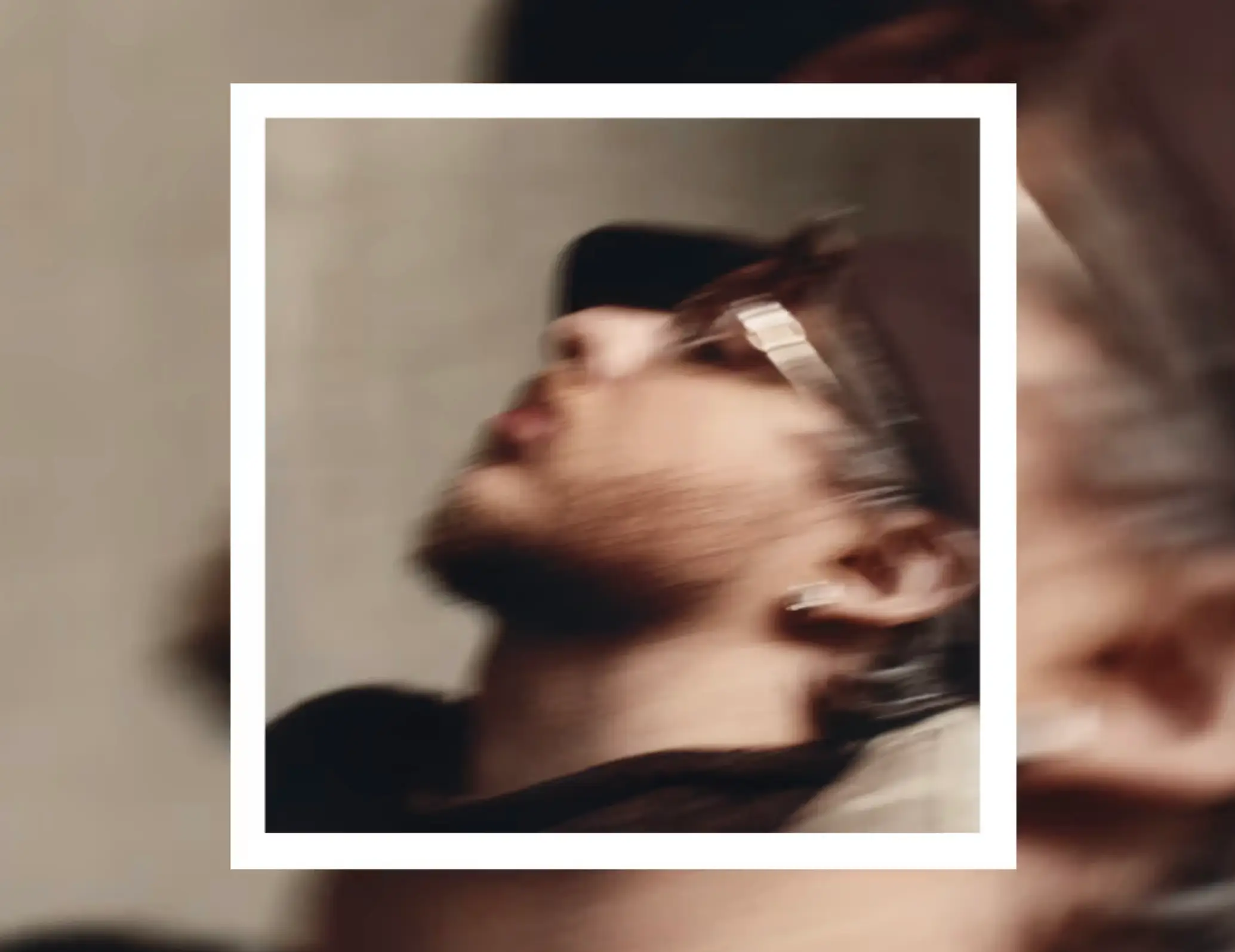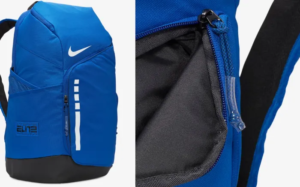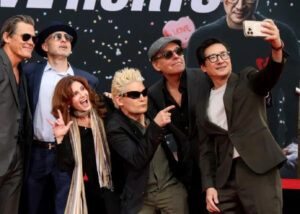It starts with a smirk. Maybe it’s on the corner of her lips in a promotional still. Maybe it’s tucked behind the phrasing of a lyric that cuts deeper than it first lets on. Either way, Sabrina Carpenter has returned—not to reclaim anything, but to raise the stakes.
With Man’s Best Friend, her seventh studio album, Carpenter isn’t chasing a moment. She’s defining it. Announced for an August 29th release, this record arrives not just as a follow-up to the immensely successful Short n’ Sweet, but as a bold, unfiltered dispatch from an artist who has nothing to prove and everything to express.
In a landscape littered with pop acts vying for viral relevance, Carpenter continues to hone a voice—sharp, self-aware, and emotionally locked in. This isn’t about reinvention. It’s about escalation.
From Spark to Wildfire: The Short n’ Sweet Momentum
Before Man’s Best Friend, there was Short n’ Sweet, and before that, there was a career threaded with evolution. But 2024 changed everything. Released to thunderous acclaim, Short n’ Sweet didn’t just perform—it dominated. Singles like “Espresso” ignited TikTok, but they weren’t flash-in-the-pan hits. The album sold ten million copies globally. It was streamed, dissected, lip-synced, and praised by critics who once viewed Carpenter as a Disney alum fighting for legitimacy. That fight is over.
Where Short n’ Sweet was a collection of confident pop arrows shot in multiple directions, Man’s Best Friend seems—at least by its rollout—to be something more focused, more thematic. Its lead single, “Manchild,” didn’t just top Spotify’s US and Global charts. It sent a message.
Manchild: The Flare Before the Fire
There’s always a tell in a lead single. And “Manchild” is Carpenter at her most acerbic. Constructed with pop titan Jack Antonoff and songwriting stalwart Amy Allen, it’s not simply a catchy track—it’s an emotional verdict wrapped in the bounce of a bedroom beat. Sonically clean but emotionally messy, the song balances glitter with grit.
The video, now clocking 15 million views and rising, doesn’t beg attention—it commands it. With visual metaphors baked into every frame, Carpenter stalks through hyper-stylized domestic chaos: pastel kitchens with knives in drawers, bubblegum bedrooms that feel more like battlefields. She’s at war with an archetype—the boy who never grew up, the man who never arrived. And she wins.
Critics have called it satirical. Fans have called it cathartic. Carpenter, for her part, calls it art. “Sometimes humor is the only way to make heartbreak digestible,” she said in a recent interview. That’s the difference between vulnerability and victimhood—and she knows exactly where she stands.
A Pop Star of a Different Breed
If Man’s Best Friend promises anything, it’s this: the evolution of Sabrina Carpenter is no longer speculative. It’s happening in real time. In interviews, performances, and the very construction of her lyrics, Carpenter’s arc reflects a larger truth about modern pop: the best stars don’t just perform for an audience—they write with them, grieve with them, laugh beside them.
She’s not afraid of being too online, too referential, too specific. In fact, that’s her power. Her lyrics are conversational yet crafted. Her stage presence is equal parts seduction and satire. And her growing body of work is quickly becoming a case study in balancing control with chaos.
The Myth of the Muse: Man’s Best Friend as Concept
Though the full tracklist remains under wraps, the album title Man’s Best Friend itself suggests multiple meanings. On one hand, it plays on the familiar adage—referring to dogs as loyal, uncomplicated companions. But in Carpenter’s world, no metaphor goes untouched. Expect inversion. Expect bite.
The title likely holds space for the many roles men play (or fail to play) in women’s lives: friend, lover, betrayer, ghost. If Manchild is any indication, the album may lean into this territory with surgical precision. And if Carpenter has proven anything in the last two years, it’s her ability to blend the specific and universal in ways that land.
It’s not just feminism wrapped in melody—it’s a reckoning carried by production you can dance to.
A Star Who Studied the Game and Then Rewrote It
Let’s be clear: Sabrina Carpenter didn’t arrive overnight. Her ascent has been deliberate. While many recognize her from her early Disney Channel days or her theatrical performances, few anticipated the shape of her current artistry. That’s the trick. She always knew.
Collaborating with the likes of Julia Michaels, JP Saxe, and now Antonoff and Allen, Carpenter has built a writing circle that understands her tone—balancing razor-sharp wit with moments of honest ache. Unlike many in her cohort, she doesn’t rely on ghostwriters to define her vision. She’s inside the studio, shaping each track like a sculptor with a plan.
Jack Antonoff’s presence alone speaks volumes. The producer behind Taylor Swift’s 1989, Lana Del Rey’s Norman Fucking Rockwell!, and Lorde’s Melodrama, Antonoff doesn’t waste time on projects without narrative ambition. That Man’s Best Friend bears his fingerprints suggests a sonic evolution toward layered production, emotional density, and minimalist maximalism.
Carpenter’s Voice: Where Sweetness Meets Steel
Vocally, Carpenter has matured dramatically. The bubblegum top tones remain, but she’s added range—both musically and emotionally. On Short n’ Sweet, songs like “Please Please Please” revealed a singer capable of vulnerability without fragility, desire without desperation.
Expect Man’s Best Friend to stretch this further. Word from insiders hints at deeper ballads, riskier tempos, and instrumentation that pulls from funk, synth-pop, even folk. If her recent Saturday Night Live duet with Paul Simon—yes, that Paul Simon—is any indication, Carpenter isn’t confining herself to the walls of mainstream pop. She’s pushing outward.
That performance, a heartfelt rendition of “Homeward Bound,” revealed a different texture in her voice. Less polished. More present. It signaled something broader: a readiness to transcend formats, expectations, and possibly even genres.
The Aesthetic of Intention: More Than Just Looks
Visuals matter in pop music. Sabrina Carpenter knows this better than most. Her music videos are curated, stylized, dripping with winks and symbolic set pieces. But what sets her apart is the way she uses visual language as narrative reinforcement—not just aesthetic wallpaper.
The Manchild video is a masterclass in visual storytelling. Oversized lollipops beside smashed dishes. Perfect manicures next to crumpled love notes. Every shot is intentional, every frame a clue. The same is expected of Man’s Best Friend as a whole—possibly telling one story through several interconnected visuals, reminiscent of Swift’s Folklore/Evermore cinematic arcs or Beyoncé’s Lemonade.
Expect dog motifs. Expect surrealism. Expect a leash—and maybe someone cut loose from it.
Culture: From Pop Star to Zeitgeist Marker
Carpenter is rapidly moving beyond pop star status. She’s becoming a zeitgeist marker. From memes to magazine covers, from TikTok audios to SNL cold opens, she’s everywhere—but in a way that still feels curated. There’s mystique, even in the overexposure.
At the 2025 BRIT Awards, her performance was more than provocative. It was performance art in sequins—cheeky, controlled chaos. While many artists seek virality by chasing controversy, Carpenter dances beside it, pointing to absurdity rather than indulging it.
She’s not pushing boundaries to be edgy. She’s just living where the boundary already moved.
The Tour: Sold Out, Dialed In, and International
Sabrina’s BST Hyde Park headline spot this summer is already sold out, part of a tour that’s fast becoming legendary for its immersive design, fan intimacy, and her powerhouse vocals. The stage setups, the mid-show banter, the costuming—each concert feels like a chapter in the same glittering storybook.
Fans dress in themed outfits. Lyrics get screamed like inside jokes. And when Carpenter pauses before a final chorus and smirks? That’s not an accident. That’s theater.
Impression
There’s a specific moment in every artist’s career when they go from promising to permanent. Man’s Best Friend may be that moment for Sabrina Carpenter.
It’s not about hitting charts—though she will. It’s about writing a record that resonates, sticks, lives in headphones and hearts alike. It’s about showing not just who she is now, but who she might become.
A provocateur. A pop poet. A producer’s muse and a feminist firebrand. She’s all of it, at once.
And she’s just getting started.
No comments yet.









